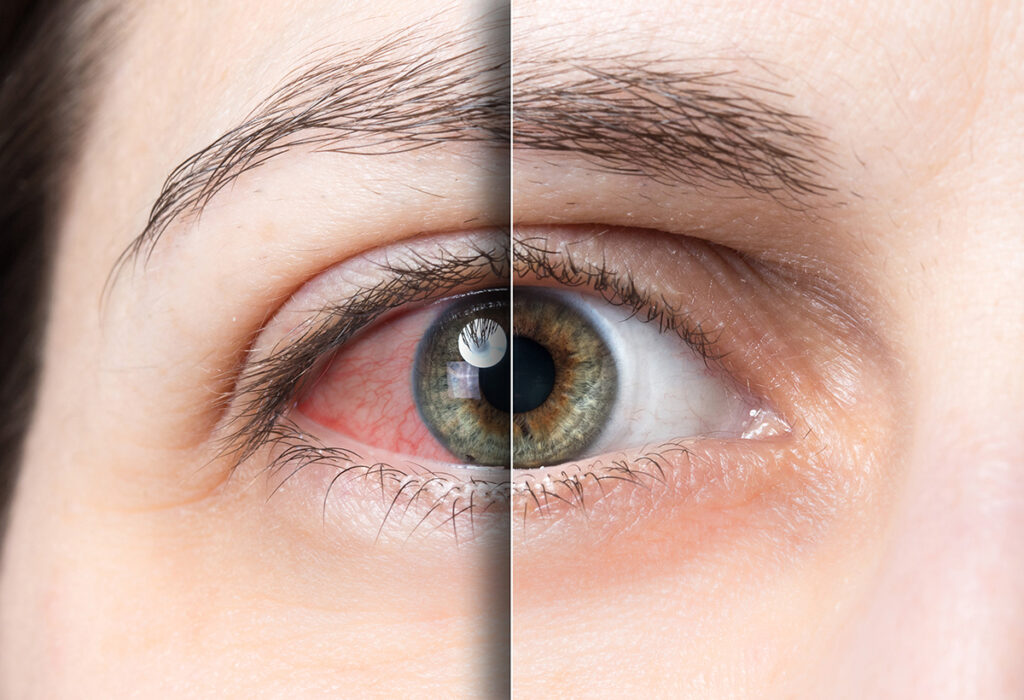What is PRK?
Photorefractive Keratectomy (PRK) is a type of laser eye surgery used to correct refractive errors such as myopia (nearsightedness), hyperopia (farsightedness), and astigmatism. It works by reshaping the cornea, helping light focus more accurately on the retina.
The main goal of PRK is to reduce your reliance on glasses or contact lenses, though it may not always eliminate the need for them entirely.

When Should I Consider PRK?
If you’re looking to reduce or eliminate your dependence on glasses or contact lenses, PRK may be the right option—especially if you have thin, irregular, or scarred corneas.
This bladeless, flapless laser procedure takes just 5 to 15 minutes per eye and is ideal for individuals like athletes, pilots, or those in professions where flap-related complications from other surgeries (like LASIK) could be a concern.
How Is PRK Performed by Our Experts?
Our specialists begin by applying anesthetic eye drops to ensure a painless experience. The thin outer layer of the cornea (epithelium) is gently removed. Then, an advanced laser is used to precisely reshape the cornea to correct your vision. A soft, protective contact lens is placed over the eye to support healing, which is usually removed after 4 to 6 days.
FAQs – Dry Eye Treatment at American Laser Eye Hospitals, Hyderabad
Dry eye disease (DED) is a condition where your eyes don’t produce enough quality tears, or the tears evaporate too quickly. This leads to dryness, irritation, redness, and sometimes blurred vision.
Dry eyes can be caused by air conditioning, long screen time, aging (especially menopause), certain medications, autoimmune diseases like Sjögren’s syndrome, pollution, and reduced blink rate.
Common symptoms include burning, itching, dryness, gritty feeling, eye fatigue, blurred vision, and excessive tearing.
If untreated, severe dry eyes can lead to corneal damage, ulcers, and even permanent vision problems. Early diagnosis and treatment are key to preventing complications.
Our specialists use advanced diagnostic tools to assess your tear film, tear production, and eye surface health to accurately diagnose dry eye and its severity.
Treatments include preservative-free eye drops, punctal plugs, night-time ointments, meibomian gland therapy, anti-inflammatory eye drops, and lifestyle modifications. Severe cases may need serum eye drops or surgical options.
We offer the latest diagnostic tools, personalized treatment plans, and advanced technologies to effectively manage dry eyes. Our experienced team ensures safe, result-driven care in a patient-friendly environment.
